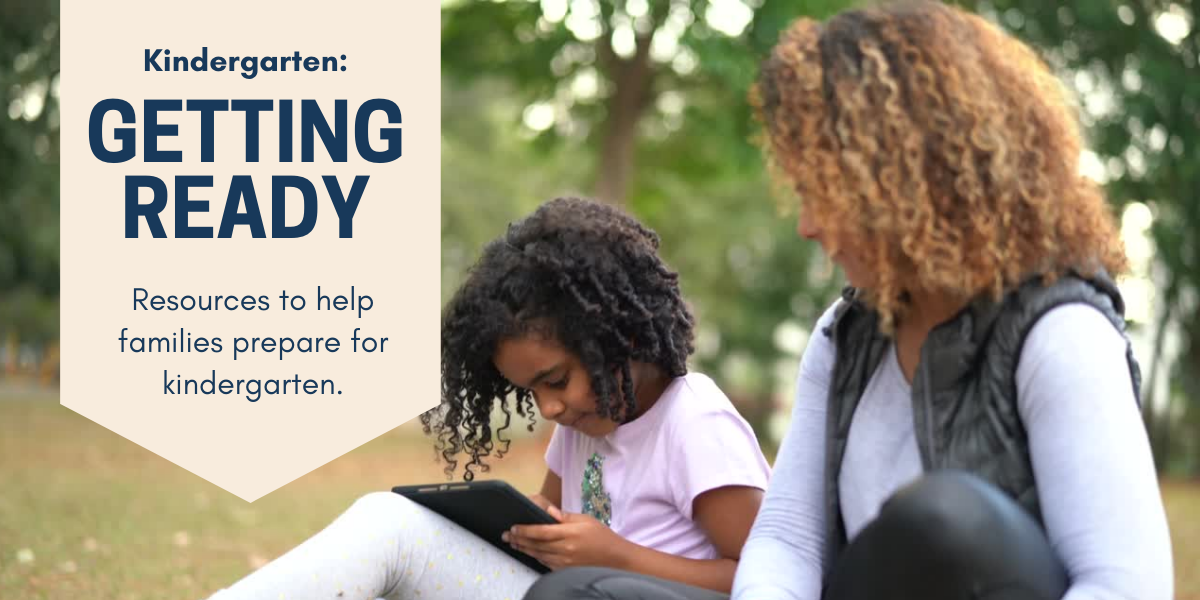Elementary School Readiness-Resources:
Below are several resources parents find useful as they prepare for the next steps
of touring, selecting, and enrolling in a Kindergarten:
An elementary education lays important foundations for academic success—the word itself, elementary—means “foundational.” A good kindergarten experience lays the foundations for specific skills such as in reading, writing, math, social, and more. It may also inspire artistic expression as well as establish valuable life-skills such as discipline and organization.
Most importantly, Kindergarten can lay the foundation for continued academic success by inspiring students to courageously explore their world while they learn to ask good questions to begin to understand their world. It also is the first opportunity for excellent teachers to inspire students to love learning by engaging them in the awe and wonder of the world around them.
Finding The Right Fit
A typical Kindergarten parent is less concerned about graduation rates and college acceptances and more concerned about their child making friends and learning to love reading. And while Kindergarten is not usually when parents are thinking about whether or not graduates of the school go on to Master’s programs, it’s wise to include these measurements as a part of finding the right fit.
To get the result all parents want—a student who is equipped to succeed in life—look at all grades of the school, not just Kindergarten. To find the best learning environment for your child, we suggest following the steps outlined below.
1) Make a list of important academic components that might not be a part of a typical elementary school education.
For example, if your family is bi-lingual and you’d like to make sure your child learns a second language in their elementary years, you may want to select an elementary school that includes this in their program. Or, if your child seems particularly gifted in the arts and you’d like to see that gift encouraged, you may want to select an elementary school whose arts program is recognized, whose art teacher seems dedicated to seeing their students succeed in art and the proof is displayed prominently.
2) Make a list of valuable non-academic components that might not be offered at all elementary schools.
For example, if you hold to a Christian worldview, choosing a Christian school may reinforce your own cherished beliefs in a community of like-minded believers. Alternatively, a Classical Christian school presents many worldviews and allows students time to develop their own in a safe environment. If you feel confident an athletic program is important to develop a well-rounded student, make sure to explore options both at school and intramural sports in your community.
3) Ask yourself how important testing, test scores, and graduation rates are to you at this stage.
While test scores may not tell everything about the effectiveness of a school and certainly most parents are more interested in a well-rounded education versus a test-centered education, it can be an important component in determining how well students are performing academically. Check ratings of local schools and ask for alumni statistics, if available, such as what percentage go on to college, graduate school, STEM careers, etc. Additionally, check standardized test scores to ensure students are performing at appropriate academic levels.
4) Ask to talk with current families or alumni families.
When you talk with them, ask questions about:
- 3 Expectations for students and facultyHigh expectations and standards for students and faculty
- 1 Qualifications and experience of faculty and staffGreat teachers and staff who build mentoring relationships
- 4 Academic rigor and student support for successRigorous curriculum and results as well as support
- 2 Parental access to faculty and staffRegular parent-teacher conferences
- 5 Community Culture for students and familiesParents welcomed and questions answered
5) Schedule a tour.
When you find a good candidate school, schedule a visit to see classrooms as well as meet faculty and staff. While you are at the school, you should visit with the principal, teachers, staff, and other parents (except during a pandemic) to get a good idea of what the expectations are for parent involvement, how students interact with each other and their teachers, support options, and what the overall learning environment looks and feels like. Most private schools have open houses (in non-pandemic years) and most have made strides in meeting your vetting requirements while maintaining social distancing.
6) Ask good questions.
While on your tour, listen to the story of the school to understand the culture, explore additional spaces such as the library and music or art room, discuss the temperament and learning style of your child, share any challenges you foresee, and ask questions such as:
- How are teachers trained, supported, and monitored?
- How are behavior problems handled at the school?
- What is the plan for quarantines or shut-downs?
- What COVID-related measures have been taken?
- How successful have they been?
- What type of curriculum is used to teach math and reading?
- What makes the curriculum unique (if anything)?
- How much homework is given to students?
- What are the class sizes or student to teacher ratios.
The Kindergarten you choose will set the foundation for your child’s future, so invest in the time to research options and select the school that seems to be the best fit. We wish you the best of luck!
Ready to check out Faith Christian School for yourself?
.jpg)
3585 Buck Mountain Road, Roanoke, VA 24018
Phone: 540.769.5200 | Admissions Email: cweber@fcsva.com
Visit Calendar Employment Notice of Non-Discrimination Policy


